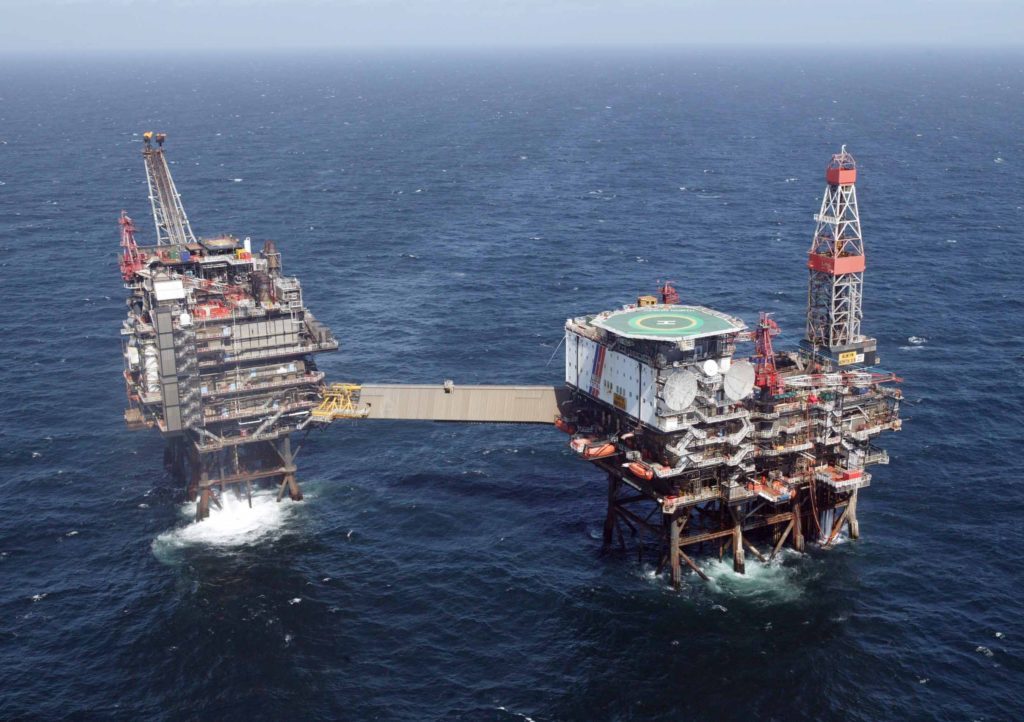
French energy giant Total has said a new tool developed in Aberdeen represents a “significant opportunity” to slash its $14.3bn (£11.6bn) global decommissioning bill.
Deep Casing Tools (DCT) has been backed by the operator and the Oil and Gas Technology Centre (OGTC) to develop the new system which can significantly reduce the amount of time taken to plug and abandon (P&A) offshore wells.
P&A is a major expense in the decommissioning process, expected to make up roughly half of the UK North Sea’s total £15bn spend to 2027, according to industry body Oil and Gas UK.
Mirroring that, Total said about half of its own £11.6bn global cost will be in plugging and abandonment, with a “significant proportion” in the North Sea.
These costs are driven by the need to hire expensive mobile rigs with heavy lift equipment to pull out “casing” which forms the well structure.
However the new tool – the Casing Cement Breaker – reduces the amount of time required to remove casing which can save “millions if not tens of millions” of pounds per job.
Alex Lucas, lead well engineer with Total, said: “It’s anything from one or two days to cutting the time in half for what it is typically an extremely costly operation.
“For us at Total, globally if you look at our balance sheet we have an asset retirement figure of multiple billions of dollars – it is publicly reported about $14.3bn according to the latest company statement.
“About half of that comes from the plug and abandonment of wells and of that, a significant proportion is in the North Sea.
“So any new ideas like this obviously will have our interest, that’s for sure.”
The system will be trialled on wells at Total’s Alwyn and Franklin fields in the first quarter of next year, with the aim of it being fully commercial by the end of 2020.
Deep Casing Tools, based in Aberdeen’s Footdee, saw its revenues fall steeply amid the last oil downturn and it is hoped this new technology could be “transformational” for its fortunes in the years ahead.
Chief executive David Stephenson said: “I think like most small technology companies, we’ve been through a very hard time over the last four or five years. Our revenue has probably dropped by 70 or 80%.
“Over the last 18 months or so we’ve increased the revenue four or five-fold, not including anything from this technology.
“I would think we could very easily double our business’ revenue year-on-year going forward.”
DCT employs 20 people, the majority of which are based in Aberdeen, but the size of the business is expected to “multiply”.
Earlier this year another major operator, Equinor, trialled a prototype of the tool at the Huldra field, proving the principle of what can be achieved.
For main partner Total, outside of the UK it sees potential to deploy the technology in West Africa, Denmark and the Netherlands in the next three to five years, along with other regions like Argentina and Abu Dhabi.
Mr Stephenson said forging partnerships with these “end-users” has been key, facilitated by the OGTC, highlighting a growing market for the tech.
He added: “We know that the P&A and slot recovery market over the last four or five years has been on the up, principally kicked off by the drop in the oil price.
“It has come to the forefront of our industry and I believe it will continue to do so, certainly throughout my career and probably the next generation.”
Sarah Kirkwood, project engineer at the Wells Solution Centre at the OGTC, said the DCT system meets one of its key goals of optimising well abandonment.
She added: “By supporting Deep Casing Tools’ development of their casing recovery system, we can introduce innovative technology to the North Sea market, reducing abandonment costs through efficient casing removal operations as well as providing an opportunity to improve the economics of slot recovery.”

